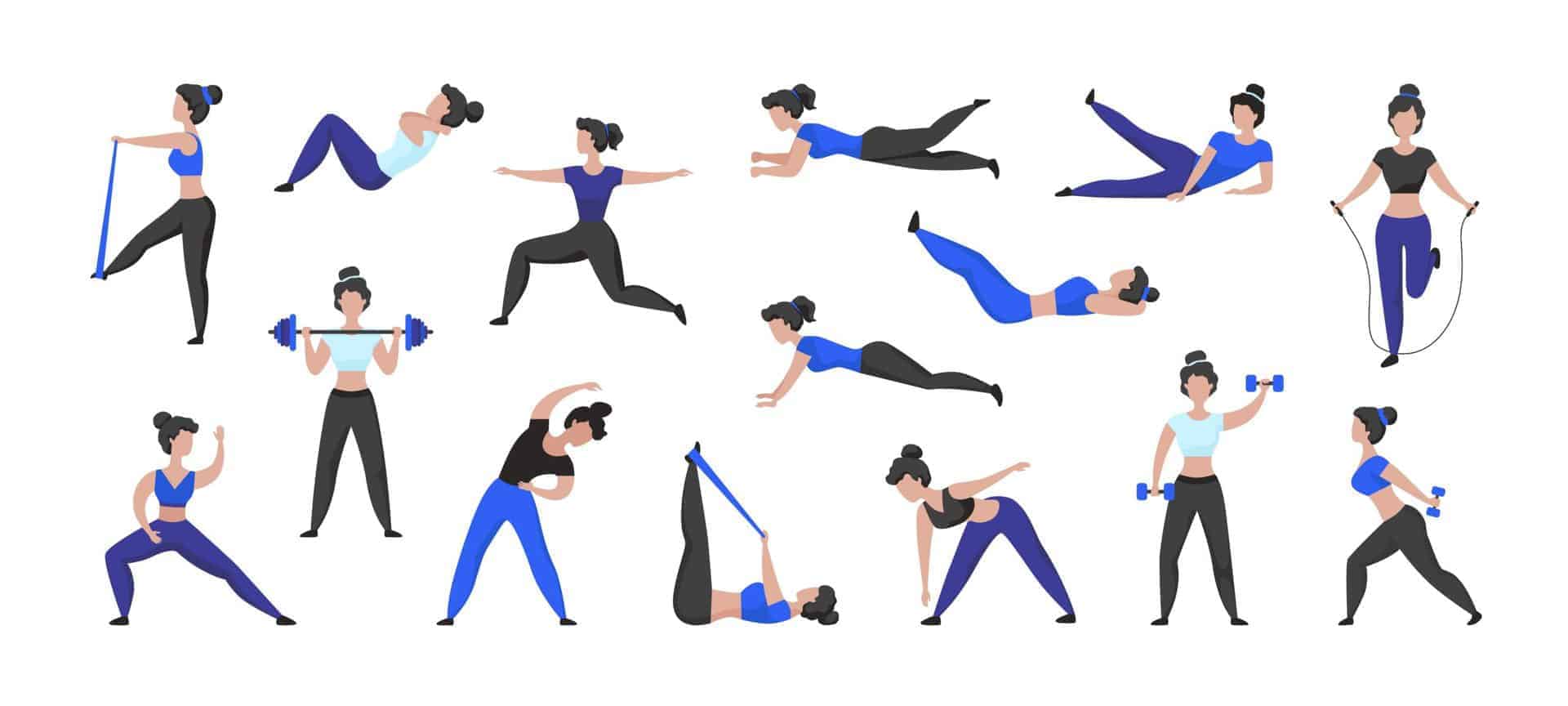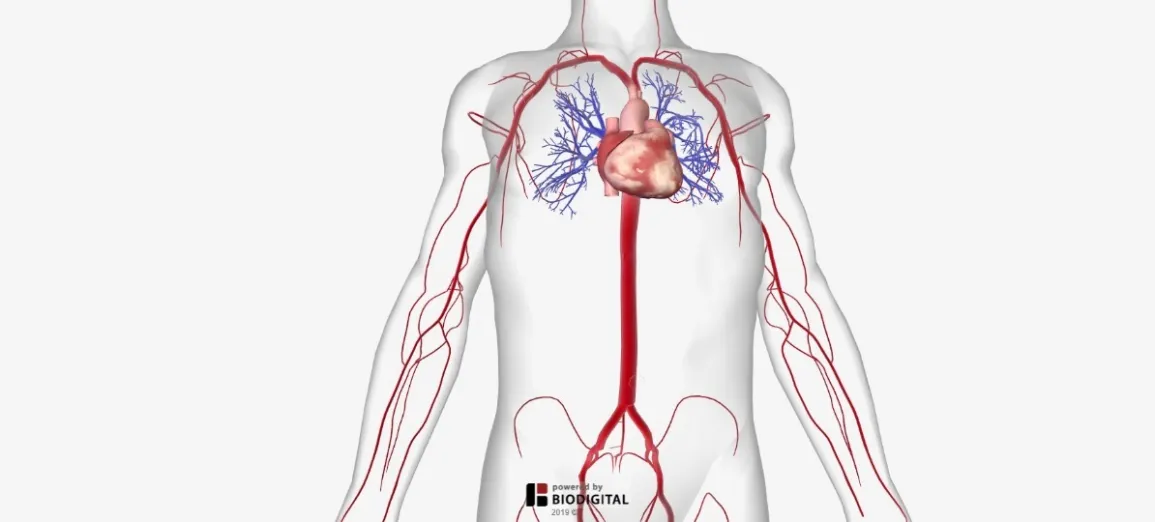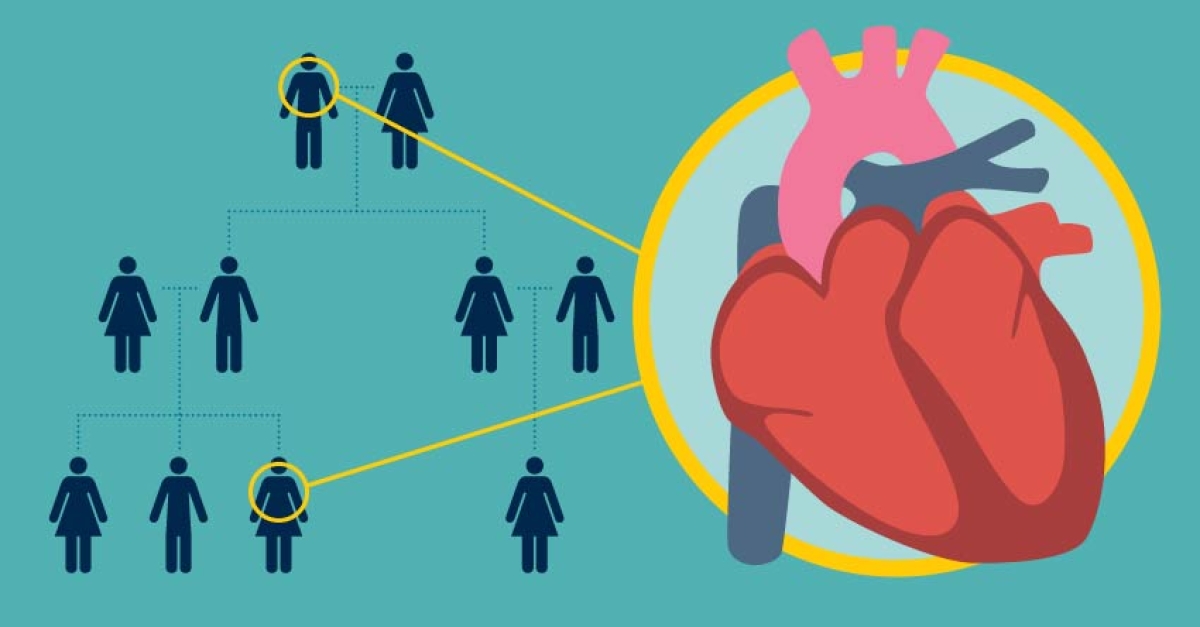Regular physical activity is essential for good health. It can help you maintain a healthy weight, reduce your risk of chronic diseases, improve your mood, and boost your energy levels.
Types of Exercise
There are many different types of exercise, each with its own benefits:
- Cardiovascular exercise: This type of exercise raises your heart rate and improves your cardiovascular health. Examples include running, swimming, cycling, and dancing.
- Strength training: This type of exercise helps build muscle and increase bone density. Examples include weightlifting, resistance band training, and bodyweight exercises.
- Flexibility exercises: These exercises help improve your range of motion and flexibility. Examples include yoga, Pilates, and stretching.
- Balance exercises: These exercises help improve your balance and coordination. Examples include tai chi and yoga.
How Much Exercise Do You Need?
The Centers for Disease Control and Prevention (CDC) recommends that adults get at least 150 minutes of moderate-intensity aerobic activity or 75 minutes of vigorous-intensity aerobic activity each week. You should also do muscle-strengthening activities that work all major muscle groups (legs, hips, back, abdomen, chest, shoulders, and arms) on two or more days a week.
Benefits of Exercise
Regular exercise offers numerous benefits for both your physical and mental health, including:
- Weight management: Exercise can help you burn calories and maintain a healthy weight.
- Reduced risk of chronic diseases: Exercise can reduce your risk of heart disease, stroke, type 2 diabetes, and certain types of cancer.
- Improved mental health: Exercise can help reduce stress, anxiety, and depression.
- Increased energy levels: Regular physical activity can boost your energy levels and help you feel better overall.
- Better sleep: Exercise can improve your sleep quality.
- Stronger bones and muscles: Exercise helps build and maintain strong bones and muscles.
- Improved balance and coordination: Exercise can help improve your balance and coordination.
Incorporating regular physical activity into your routine can have a significant positive impact on your health and well-being. Start slowly and gradually increase the intensity and duration of your workouts. Consult with your doctor before starting a new exercise program, especially if you have any underlying health conditions.



